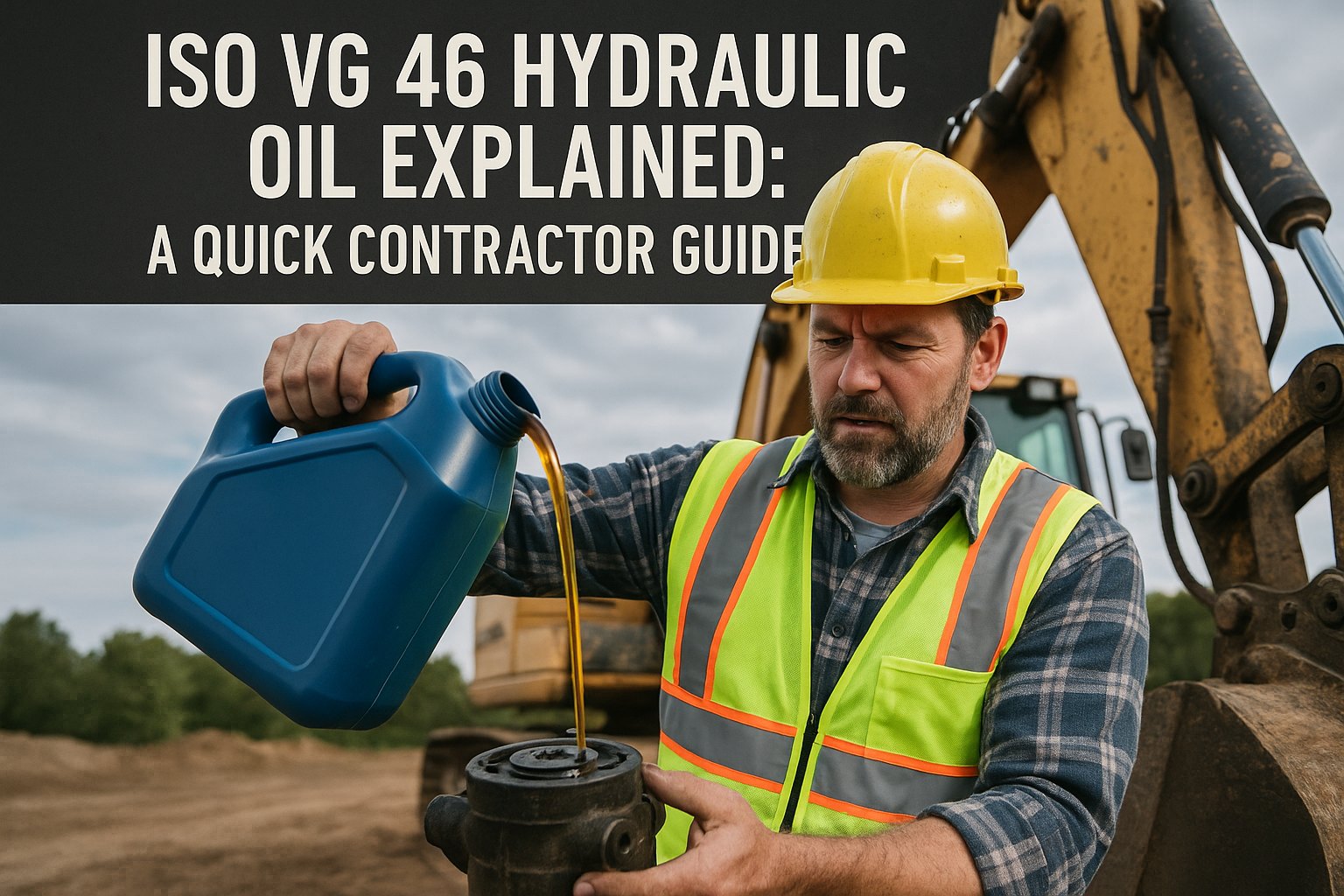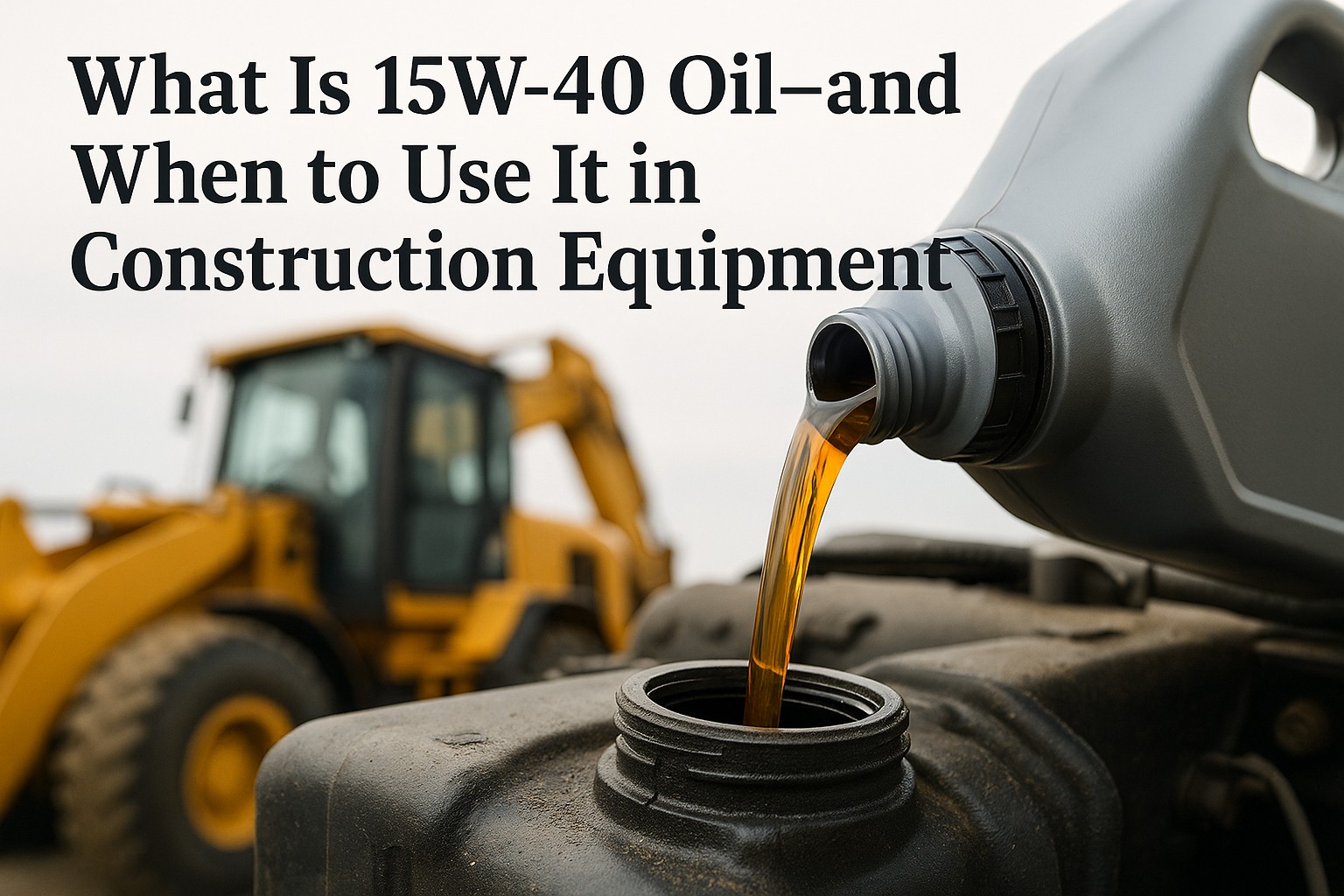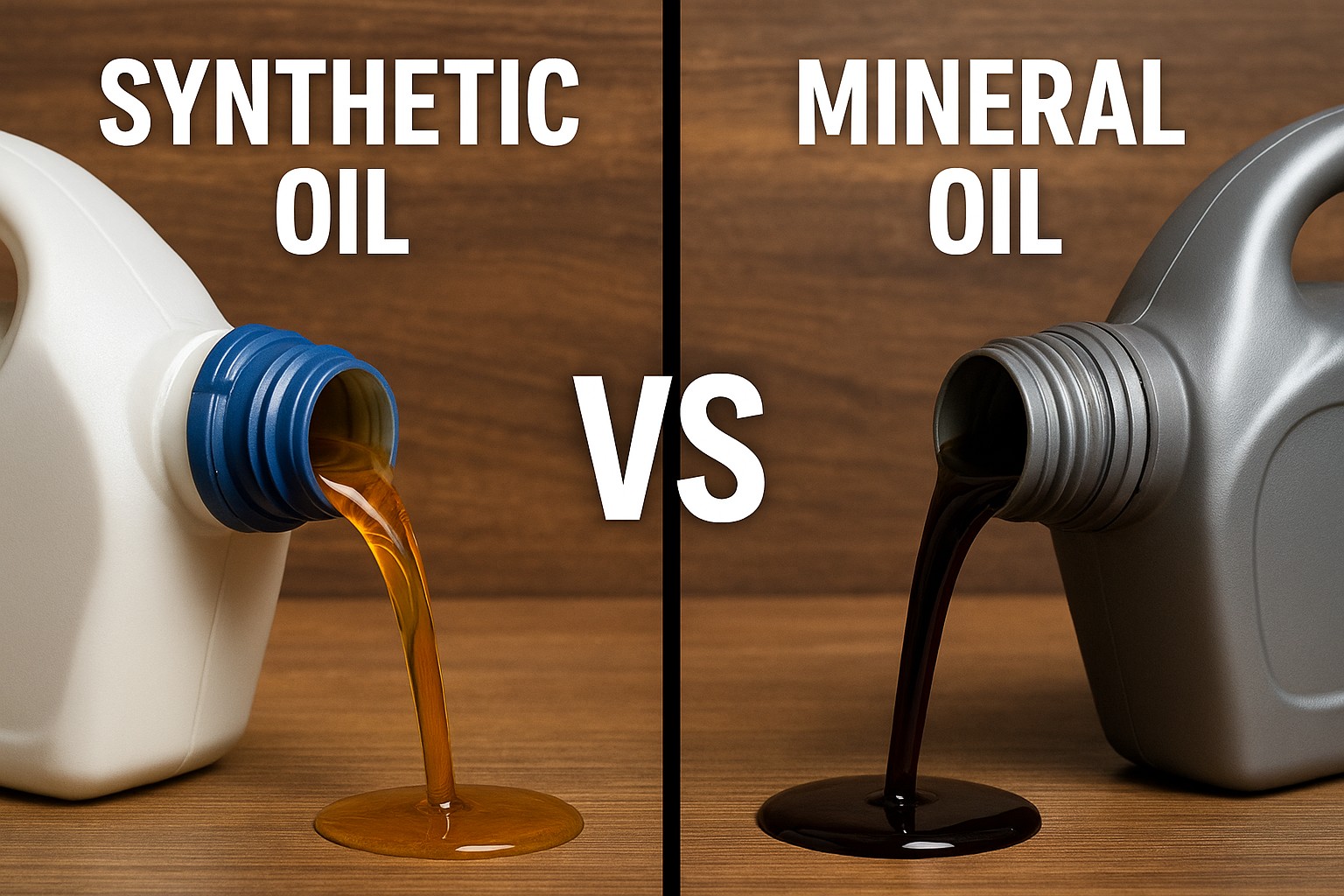Agricultural operations have witnessed a revolutionary transformation in equipment reliability. Modern tire management technology has emerged as a game-changing solution that's preventing millions of dollars in equipment downtime across agricultural fleets worldwide. What once required manual tire inspections and reactive maintenance has evolved into sophisticated, real-time monitoring systems that predict and prevent tire-related failures before they can impact critical farming operations.
The Hidden Crisis of Agricultural Equipment Downtime
In today's precision agriculture environment, every hour of equipment operation counts. Agricultural machinery downtime during critical periods like planting and harvest can devastate farm profitability and threaten entire crop cycles.
The financial impact is staggering. Just one eight-hour day of downtime can cost growers $2,400 at planting and $900 at harvest when using 12-row equipment - and these figures have nearly doubled since 2003 due to inflation and increased equipment complexity.
The Traditional Tire Management Challenge
Before the advent of smart tire monitoring systems, agricultural operators faced constant challenges:
- Manual pressure checks that were time-consuming and often inconsistent
- Unexpected tire failures during critical field operations
- Soil compaction issues from improperly inflated tires reducing crop yields
- Increased fuel consumption due to suboptimal tire pressure
- Premature tire wear leading to frequent costly replacements
Discover how tire management technology can transform your agricultural operation
Getting StartedBook a Demo
Revolutionary Tire Monitoring Technologies
The agricultural tire industry has undergone a dramatic technological evolution. Modern tire management systems now provide real-time insights that were unimaginable just a few years ago.
Smart Tire Sensors
Advanced TPMS systems continuously monitor pressure, temperature, and tire condition, providing instant alerts for any deviations from optimal ranges.
VF Tire Technology
Very High Flexion tires deliver up to 40% more load capacity at the same pressure or the same load at 40% lower pressure, reducing soil compaction.
Predictive Analytics
AI-powered systems analyze tire data patterns to predict maintenance needs and potential failures before they occur.
Mobile Integration
Smartphone apps provide real-time tire health data, allowing operators to monitor entire fleets from anywhere in the field.
Real-Time Pressure and Temperature Monitoring
Agricultural TPMS technology has evolved far beyond simple pressure monitoring. Modern systems track multiple parameters simultaneously:
- Continuous pressure monitoring with automatic alerts for pressure loss
- Temperature tracking to prevent overheating and blowouts
- Load distribution analysis ensuring optimal weight distribution
- Historical data logging for trend analysis and predictive maintenance
Precision Agriculture and Tire Performance Optimization
The integration of tire management technology with precision agriculture systems has created unprecedented opportunities for operational optimization.
Soil Compaction Prevention
Proper tire pressure management is critical for soil health and crop productivity. Studies reveal that reducing tire pressures during drilling can decrease yield loss from up to 40% to as little as 10%.
Modern VF (Very High Flexion) tires combined with precision pressure monitoring enable:
- Larger tire footprints that distribute weight more evenly
- Reduced soil pressure preventing compaction and preserving soil structure
- Improved traction in various field conditions
- Enhanced fuel efficiency through optimized rolling resistance
Dynamic Pressure Adjustment
Advanced systems now enable on-the-go pressure adjustments based on field conditions and load requirements. This capability allows operators to optimize tire pressure for different tasks:
Cost Savings and ROI Through Tire Management
The financial benefits of implementing comprehensive tire management systems extend far beyond preventing breakdowns. Agricultural operations are discovering multiple revenue streams and cost savings.
Fuel Efficiency Improvements
Properly managed tire pressure delivers immediate fuel savings. Without correct pressure, agricultural equipment can consume up to 3 additional litres of fuel per day, resulting in over £400 in additional fuel expenses per 500 hectares of operation.
Extended Tire Life and Reduced Replacement Costs
Predictive tire maintenance significantly extends tire life by:
- Preventing premature wear through optimal pressure maintenance
- Identifying issues early before they require complete tire replacement
- Optimizing tire rotation schedules based on actual wear patterns
- Reducing emergency roadside repairs during critical farming periods
Insurance and Risk Management Benefits
Many agricultural insurance providers now offer premium discounts for operations using advanced tire monitoring systems, recognizing the reduced risk of accidents and equipment damage.
Integration with Modern Farm Management Systems
Heavy vehicle inspection and maintenance software designed for agricultural applications seamlessly integrates tire management data with comprehensive fleet oversight systems.
Fleet-Wide Monitoring and Analytics
Modern agricultural fleet management platforms provide centralized monitoring of tire health across entire machinery fleets, enabling:
- Centralized dashboard views of all equipment tire status
- Automated maintenance scheduling based on tire condition and usage patterns
- Performance benchmarking across different tire brands and models
- Predictive replacement planning to avoid supply chain disruptions
Data-Driven Decision Making
Advanced analytics platforms process tire performance data to provide actionable insights for farm managers, including optimal tire selection recommendations, pressure optimization for different crops and soil conditions, and cost-benefit analysis of tire upgrade investments.
Future Innovations in Agricultural Tire Technology
The agricultural tire industry continues to push technological boundaries with innovations that promise even greater improvements in uptime and operational efficiency.
Airless Tire Technology
Non-pneumatic tires are moving from prototype to commercial availability, offering the potential to eliminate puncture-related downtime entirely while maintaining traction and load-bearing capabilities.
Self-Healing Tire Materials
Advanced rubber compounds with self-healing properties can automatically seal small punctures, preventing air loss and extending tire life in demanding agricultural environments.
AI-Powered Tire Management
Machine learning algorithms are becoming more sophisticated in predicting tire maintenance needs, optimizing pressure for specific field conditions, and recommending tire replacement timing to maximize both performance and cost-effectiveness.
Frequently Asked Questions
Discover comprehensive heavy vehicle inspection and maintenance software solutions for agricultural operations at www.heavyvehicleinspection.com




